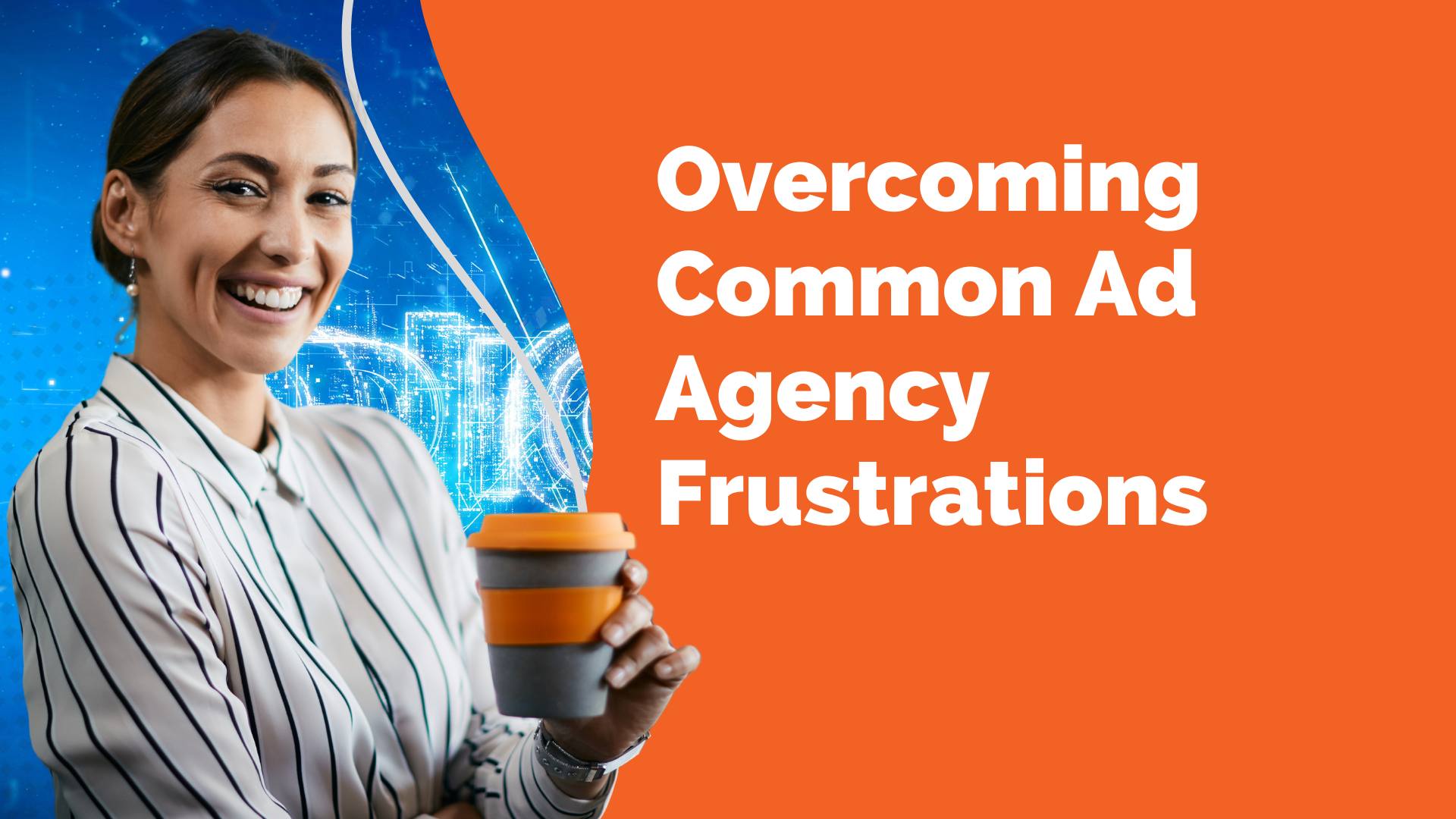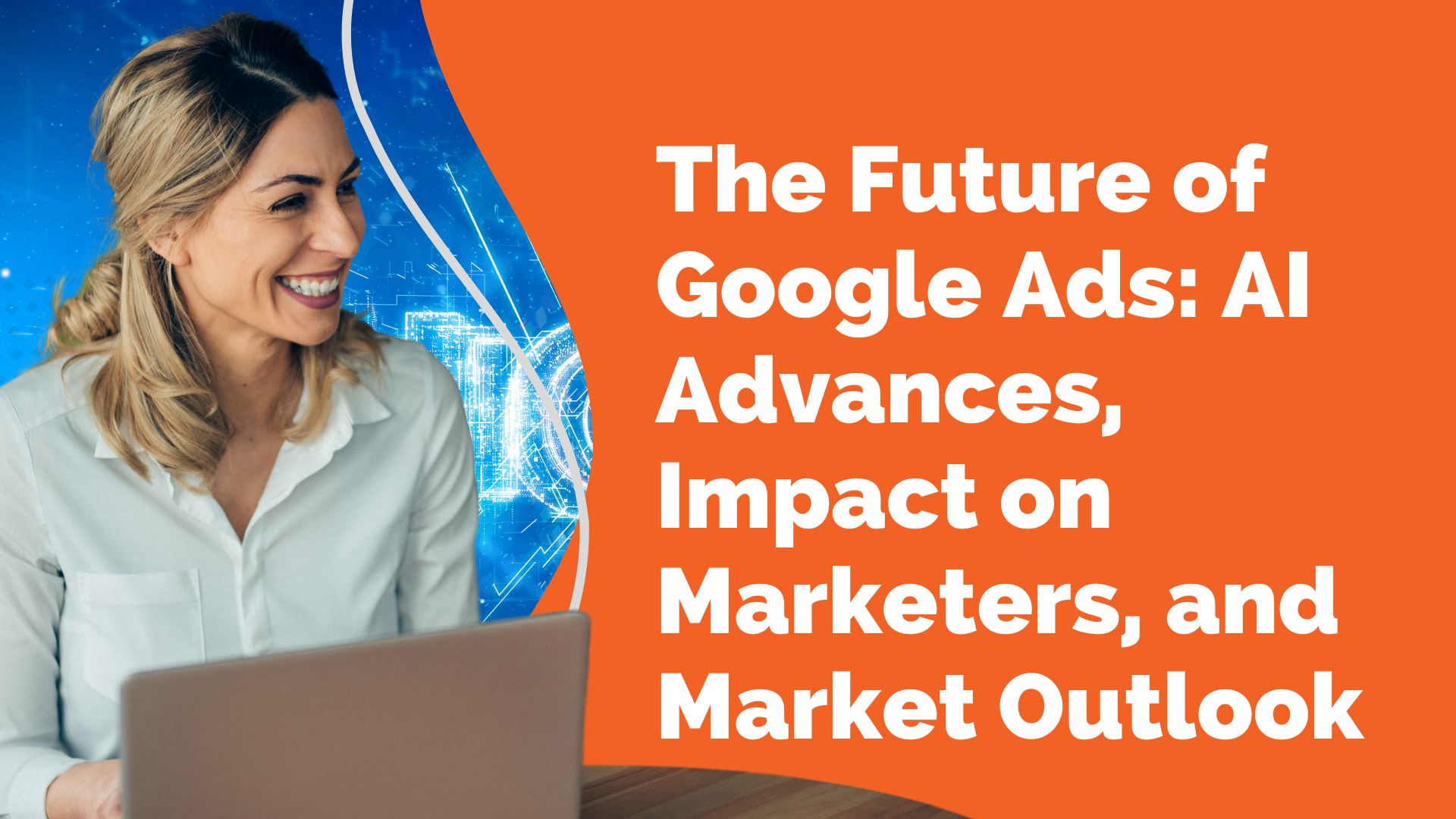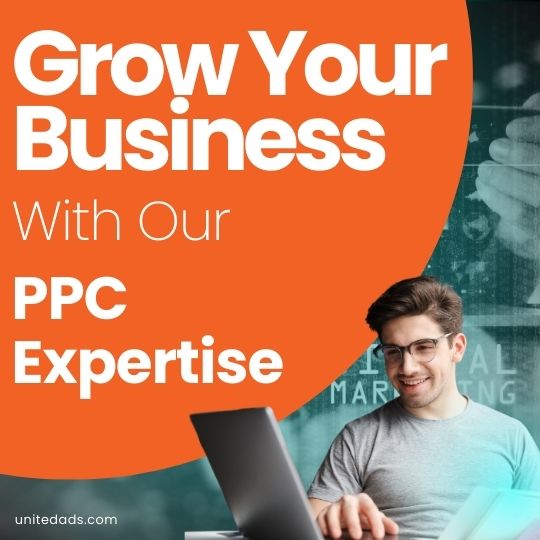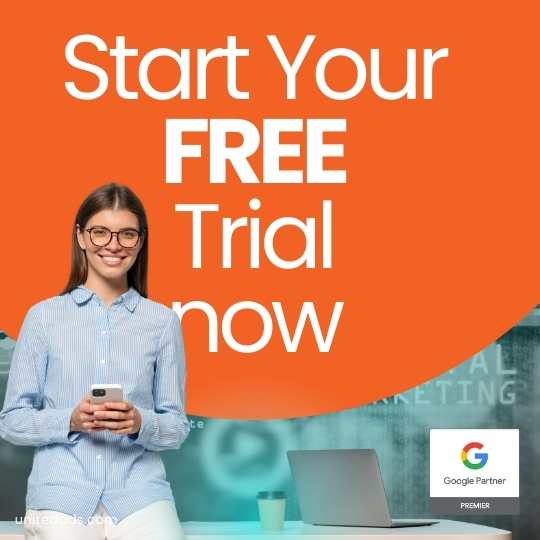Marketing events in today’s competitive digital landscape requires more than just word-of-mouth or social media posts. Google Ads stand out as an essential tool for boosting event visibility, reaching targeted audiences, and ensuring maximum registrations.
This article builds a compelling argument on why Google Ads are indispensable for promoting events, supported by detailed strategies and actionable insights.
Typical mistakes in Google Ads campaigns for events and functions
Google Ads can be an effective tool for promoting your events and functions. However, as with any tool, there may be errors that can affect your results. Here are some of the most common mistakes you should avoid:
- Insufficient keyword research: An effective Google Ads campaign starts with thorough keyword research. Missing or poorly chosen keywords can result in your ads not being displayed to the right users. Make sure your keywords are relevant and specific to your event.
- No strong call-to-action (CTA): A clear and compelling CTA is critical to getting users to click on your ads. A weak or missing CTA can cause users to ignore your ad.
- Poorly designed landing pages: Your landing page is the first thing users see after they click on your ad. A cluttered or confusing landing page can deter users and cause them to leave without registering for your event.
- Unmeasurable goals: One of the strengths of Google Ads is the ability to measure and analyze the performance of your ads. If you don’t set clear and measurable goals for your campaign, you won’t be able to assess whether your ads are effective or if improvements are needed.
- Lack of budget management: Google Ads can be expensive, especially if you don’t pay close attention to how your budget is spent. Effective budget planning and control is critical to ensure your costs don’t spiral out of control.
- Lack of customization and optimization: Google Ads requires continuous customization and optimization to achieve the best results. If you create your ads once and then forget about them, you may miss opportunities to improve.
Requirements for event ticket sellers
Companies that sell event tickets are allowed to advertise with Google Ads if they meet certain requirements. Therefore, they must first submit a review request to Google. For a successful audit, the landing pages or apps through which event tickets are sold must meet certain objective criteria based on the respective clearly evident business model. Google does not review any details of the offerings on such websites, nor does it perform any legal analysis. The above application must be submitted in advance regardless of ad format and asset type. Please use this form for this purpose.
For advertising with Google Ads, landing pages may need to meet certain requirements. Additional ad-level requirements apply to some companies.
Here is an explanation of the terms used in the following text:
- Business Model Definition: You must specify your business model to determine if you meet the requirements to be eligible for ad placement.
- Target requirements for Google Ads eligibility: These requirements must be met depending on the business model.
- Ad-level requirements: These ad requirements must be met depending on the business model.
Conclusion
Google Ads are a powerful tool in the world of digital marketing, including when it comes to promoting events and reaching a wider audience. From finding the right keywords to creating appealing ads to designing user-friendly landing pages, there are many aspects that need to be considered to run a successful Google Ads campaign.
Still, as with any other marketing strategy, it’s important to know and avoid potential mistakes. Inadequate keyword research, missing or weak calls-to-action, poorly designed landing pages, lack of budget management, and lack of customization and optimization are some of the most common pitfalls you should avoid at all costs.
Remember that a successful Google Ads campaign requires constant monitoring and adjustment. With proper planning, regular optimization, and a keen eye for detail, you can fully realize the potential of Google Ads and effectively promote your events.
Now, take the leap and use the power of Google Ads to put your events in the spotlight. Good luck!







